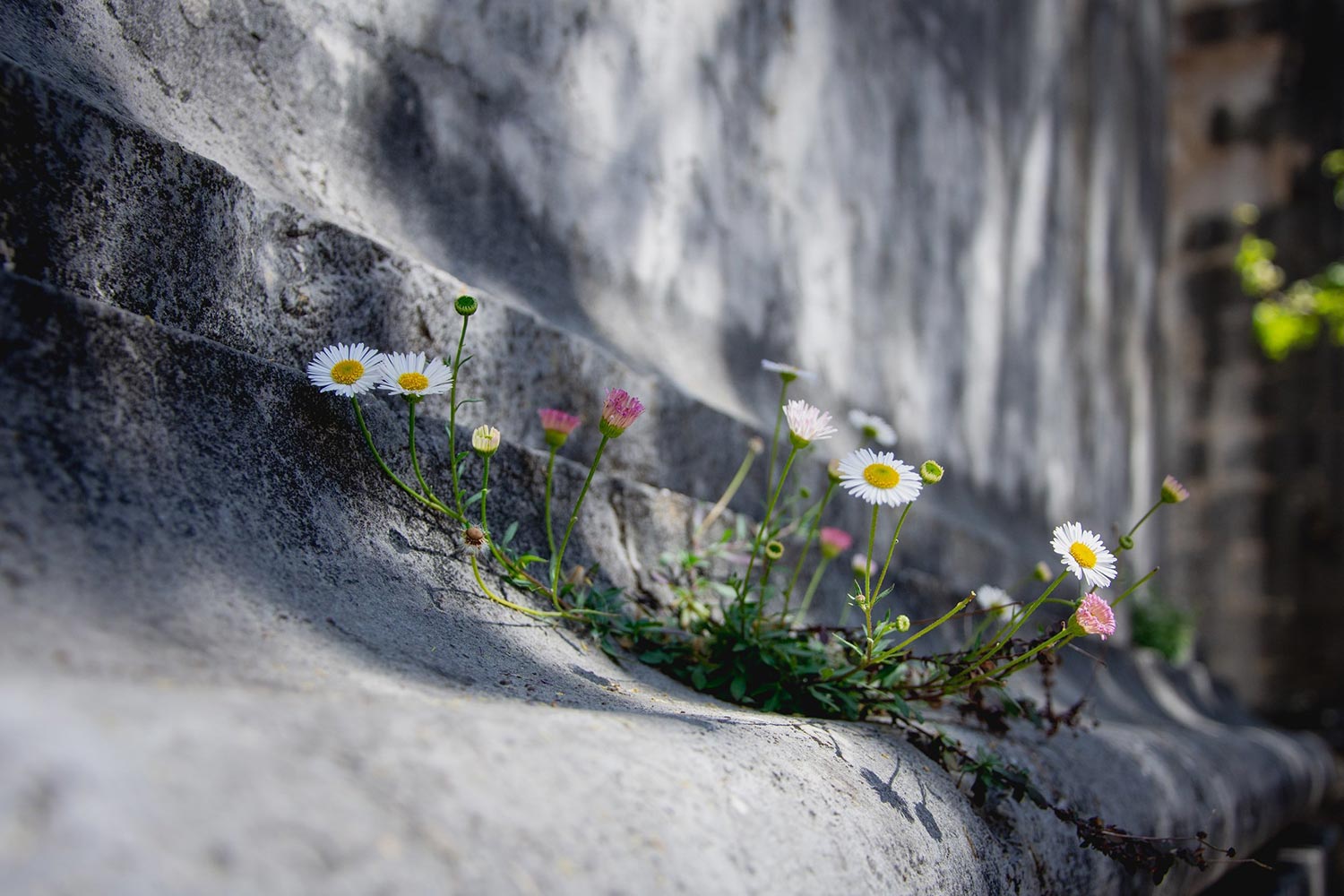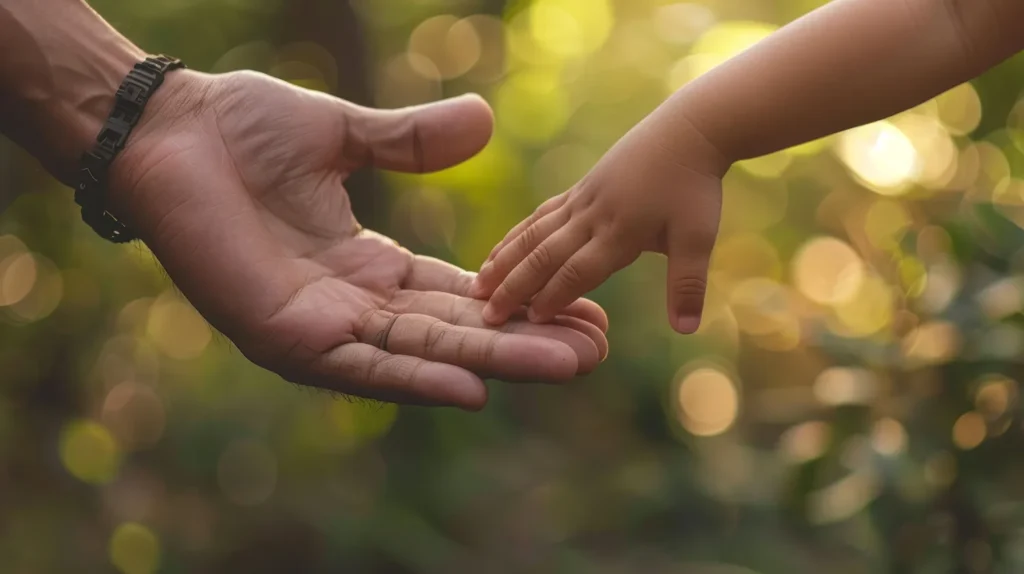‘As when a hungry man dreams, and behold, he is eating,
and awakes with his hunger not satisfied,
or as when a thirsty man dreams and behold, he is drinking,
and awakes faint, with his thirst not quenched,’
Isaiah 29:8
A pretty bleak picture is painted here. Hunger and thirst, restless nights filled with vivid dreams, and awakening feeling depleted and weary. After two years of living in a pandemic, I read these verses and think that they capture something of our collective weariness.
Perhaps your plans for January, like mine, shifted. For too many, a beach holiday in the sunshine enjoying the companionship of family and friends became isolation with omicron, looking for RAT kits, and searching for essentials on those rapidly emptying shelves. Hopes of rest and recovery were dashed and replaced with more of the same.
I find I am starting this year depleted. And more so for others, such as those who are alone and those involved in front-line caring. The tiredness, the losses, the frustrations – they make it hard to keep going. We are fearfully and wonderfully made (Ps 139:14), but in God’s good purposes, the minds and bodies that constitute us are finite and limited. Just as a car will stop working if not fuelled and maintained, so too we have needs that must be met if we are to continue in productive and faithful living.
What is it that keeps you going? What in the past has helped you to keep going? There is much talk nowadays about resilience, the ability to persevere in life, to bounce back from difficult experiences. We often hear stories of how people have coped through significant adversity, and those stories can impact us in different ways. Personally, I often find them inspiring and encouraging. But I know that for many, they can leave us feeling guilty and disheartened because we think we have failed to exercise the same tenacity as these ‘heroes’ and we remain stuck in hard places. It’s important to remember that just hanging in there can be heroic when our particular limitations and circumstances carry an enormous personal burden.
It’s been suggested, however, that most of us can grow in resilience. And that we can learn from the experience of others. What I find encouraging when I hear stories of perseverance is that it is small things that made the difference. Small habits – a walk in the sunshine, spending time with friends, a night of refreshing sleep, a hobby such as sewing, gardening or reading, regular times of bible reading and prayer – these are the things that have helped them press on.
All of us face different stressors and they impact us differently. The first step to growing in resilience is to recognise the warning signs that there is little left ‘in the tank’. Signs such as:
- we plough on through each day and week and think that if we do more, things will improve on their own
- we don’t want to face more change
- we are more irritable and respond with anger to those around us
- we have difficulty sleeping
- we binge watch Netflix
- we want to hibernate and emerge ‘when this is all over’
- we are more teary and emotional than normal
- everything looks grey and we’ve stopped noticing colour in our lives
Being resilient is recognising these signs and knowing how to fill the tank, to manage our emotions, and to care for our bodies enough to recover. It may be small things such as remembering to breathe properly when feeling anxious, taking a break from our devices, going outside for a walk, and noticing the trees.
Maybe now is the time to think about your life and what could make a difference. Our new resource, an online course called ‘Press On: Building resilience & mental wellbeing,’ shares stories of men and women who have been through difficult times. Their input is wise, insightful, and encouraging. Learn from them how to build small, helpful habits, that might significantly change your life.
We all want to eat and be satisfied, to drink and thirst no more. We long to have ‘souls that abide in wellbeing’ (Psalm 25:13). Perhaps one step we can take is find out more about small steps that might make a difference. Why not sign up to the course and commit to building your own resilience.
This well-known prayer seems apt for today:




